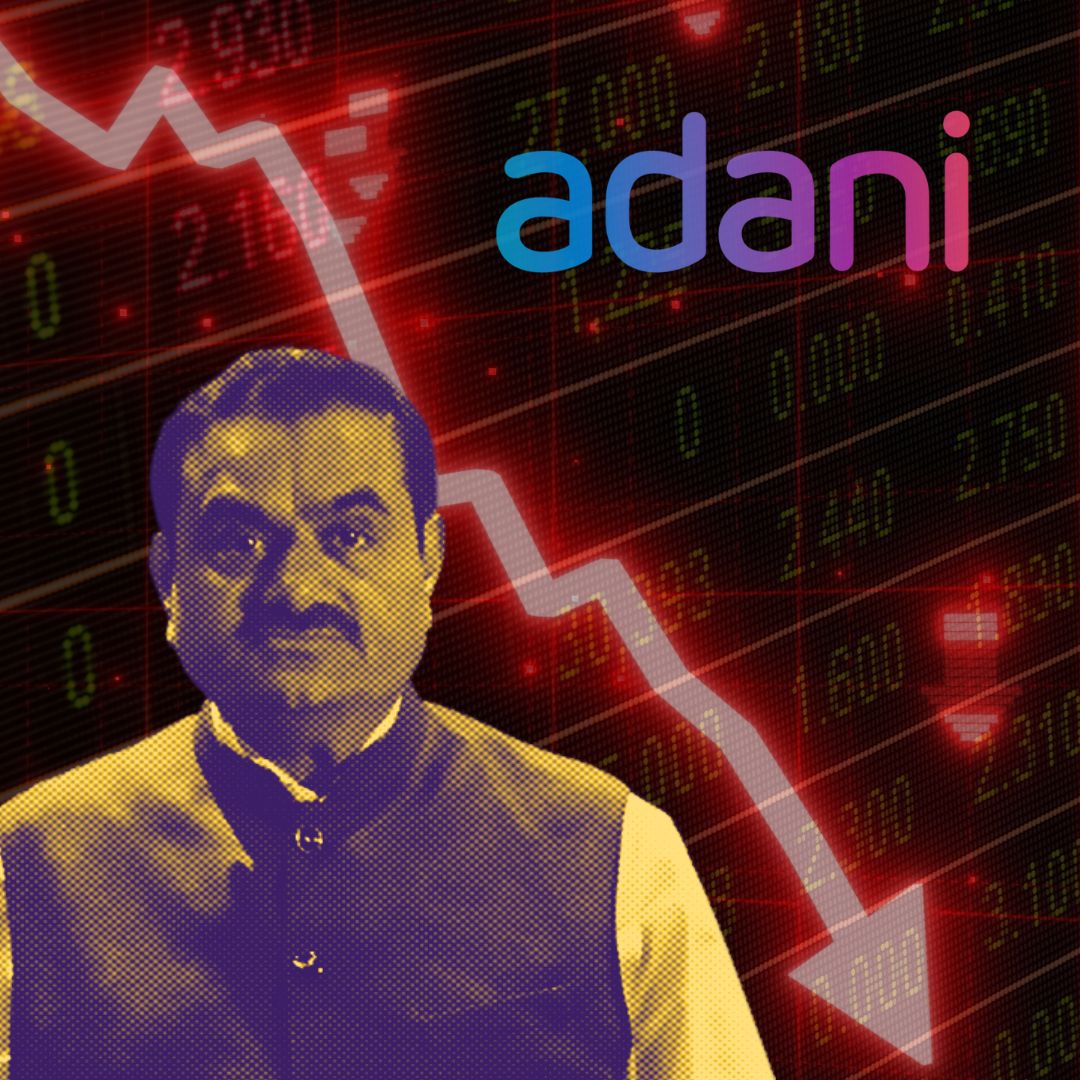Gautam Adani, along with his nephew Sagar Adani and six others, has been indicted in the United States for allegedly orchestrating a $265 million bribery scheme to secure solar energy contracts in India. The charges, announced on November 20, 2024, include fraud and conspiracy, resulting in a significant drop in Adani Group’s stock prices by up to 20% and a market capitalisation loss of approximately ₹2 lakh crore. The indictment alleges that the defendants misled investors while raising funds for their projects, highlighting the need for accountability.
Allegations and Market Impact
The indictment details that between 2020 and 2024, Adani and his associates allegedly paid bribes to Indian government officials to secure contracts worth billions for Adani Green Energy Ltd. Prosecutors claim these bribes were concealed from U.S. investors, enabling the Adani Group to raise substantial funding while falsely assuring compliance with anti-corruption laws. Following the announcement of the charges, Adani Group’s securities experienced sharp declines, with existing bonds trading at record lows. The group also cancelled a planned $600 million bond offering shortly after the indictment was made public, reflecting a swift loss of investor confidence.
Background of the Case
This case is rooted in previous controversies surrounding the Adani Group, particularly following allegations of stock manipulation and accounting fraud that resulted in a staggering loss in market value. The recent bribery allegations coincide with ongoing scrutiny of Adani’s business practices amid claims that he and his associates misled investors about their operations while engaging in corrupt activities to secure lucrative contracts with state-owned entities in India. The seriousness of these allegations underscores the potential implications for both the company and its stakeholders.
The Logical Indian’s Perspective
The Logical Indian emphasises the importance of transparency and ethical governance in corporate practices, particularly for influential figures like Gautam Adani. As these serious allegations unfold, it is crucial for stakeholders to demand accountability and reform within corporate governance structures. This situation serves as a reminder of the necessity of maintaining integrity in business dealings to protect investor interests and uphold market stability.
How can we collectively advocate for stronger regulations that ensure ethical conduct among corporate leaders to prevent such incidents from occurring?










